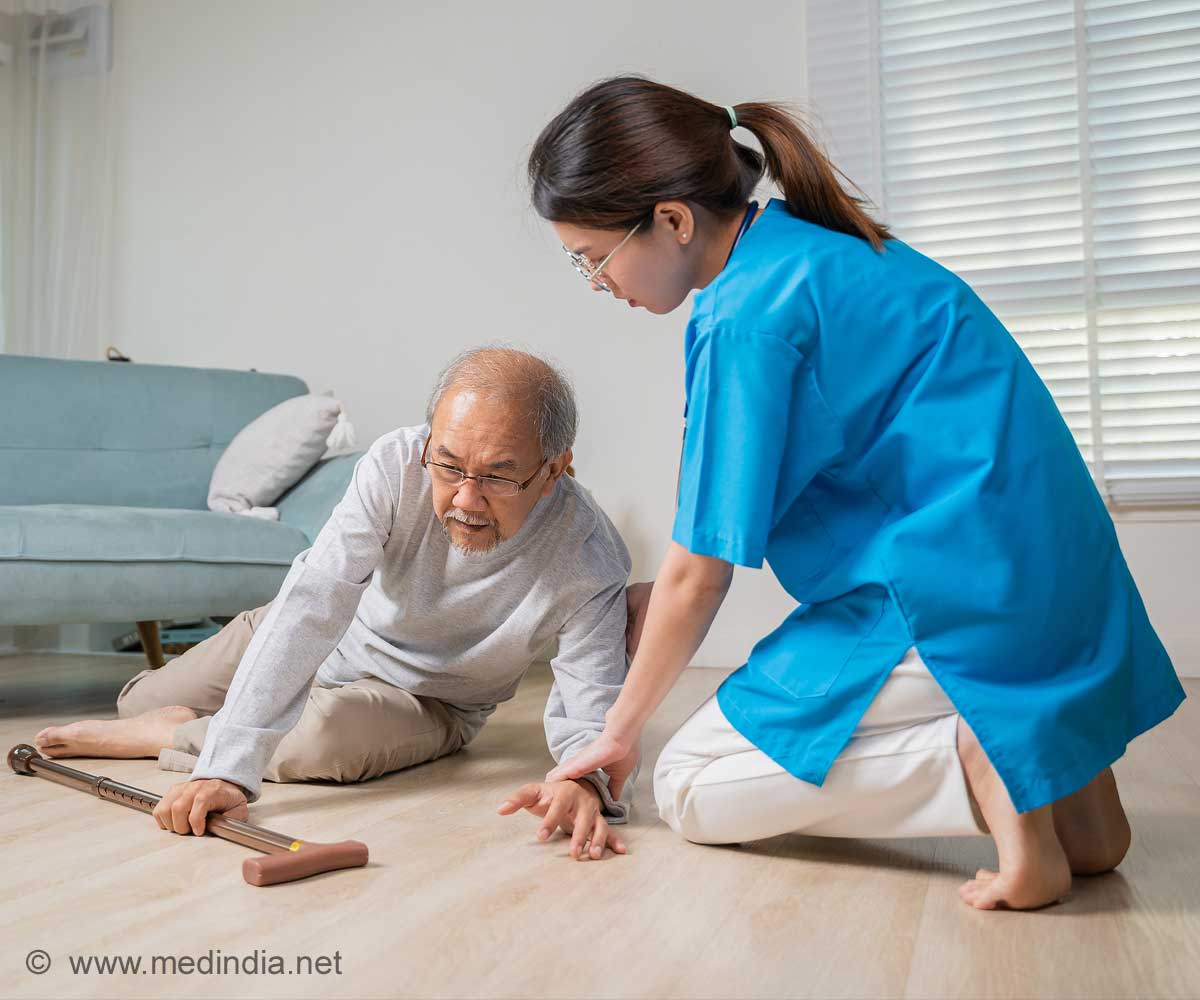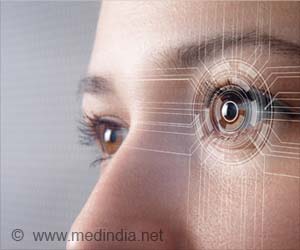Falls can raise the risk of Alzheimer’s by 21% in older adults. Early cognitive screenings after falls could improve dementia diagnosis and care.

- 21% higher risk of Alzheimer’s after falls in older adults
- Falls can act as early indicators for dementia diagnosis
- Cognitive screenings after falls are essential for timely intervention
Risk of Dementia Diagnosis After Injurious Falls in Older Adults
Go to source).
Falls as Early Indicators of Dementia
In a study that involved patients aged 65 years and above with traumatic injuries, the sample consisted of over 2.4 million patients, of which 10.6% who fell were likely to be diagnosed with Alzheimer or other dementias within one year of the fall. Falls also had a strong association with dementia, being 21% more likely than other traumatic injuries.Two-Way Relationship Between Falls and Cognitive Decline
As said by Molly Jarman, the senior author of the study and an assistant professor at Brigham’s division of surgery, the relation between falls and dementia is not straight forward. On one hand, this may cause those with a cognitive impairment to be more likely to fall; on the other, falling for older folks can lead to traumatic brain injuries that actually worsen dementia.
As shown in the two-way relationship above, there is specifically the possibility of using falls as a possible indication of precursor events that may require cognitive screening.
Prevalence of Falls in Older Adults
Falls are a significant problem as per CDC’s reports reveal that over 14 million falls occur annually among the elderly populations. These are not short-term injuries and have the potential to cause a chronic or permanent outcome such as loss of independence, lower functional status, or even death.According to the findings of the study, it is recommended that older individuals who experience falls leading to hospitalization or attending an emergency department should undergo cognitive screening with further assessment by a cognitive specialist if necessary. It would, therefore, be possible to treat or at least manage the condition that caused the dementia if the dementia was diagnosed early by such screenings.
However, using cognitive screenings in the emergency or trauma care context is not easy. For example, as Alexander J. Ordoobadi, the first author of the study resident at Brigham’s Department of Surgery, says, time issues are to blame for incomplete screening in such environments. Even more importantly, many elderly patients do not have alternative primary care/personal physician/geriatrician to follow up with.
Need for More Geriatric Care Providers
The results emphasize the necessity of increasing the number of healthcare personnel with specialized preparation for practicing with the elderly, especially in cases where cognitive evaluation is needed following a fall. Had there been increased numbers of clinicians who could address the special care required in older people, then early intervention could be made, which goes a long way in enhancing the entire approach to managing cognition.Falls are discussed as potential early signs of dementia in this work, and thus falls may be used as a potential means to diagnose dementia at an early stage or at least prevent it from getting worse in older people who experience falls. Sandwiched between these conditions and the poverty level, raising awareness of these precursors plus enhancing follow-up care access may just turn the tide for older people.
Reference:
- Risk of Dementia Diagnosis After Injurious Falls in Older Adults - (https://jamanetwork.com/journals/jamanetworkopen/fullarticle/2824208)
Source-Medindia









